Tag: social media


Tolerance means dealing with ideas without canceling or censoring
January 25, 2024 | Post
Society is always changing, and so are ideas.
One constant, however, is intolerance for different ideas. That intolerance has left its mark, often in blood, on human history. The current iteration of intolerance, though not quite bloody, is “cancel culture.”

How Section 230 protects your online freedom
January 12, 2024 | Post
Section 230, part of the Telecommunications Decency Act of 1996, may sound like just any obscure piece of legislation, but it plays a crucial role in protecting your online freedom.
When Section 230 became law in 1996, it brought common sense to the table — content creators should be held responsible for their own words, not the platforms playing host.
However, in recent years, there has been significant pushback against Section 230 from figures across the political spectrum.
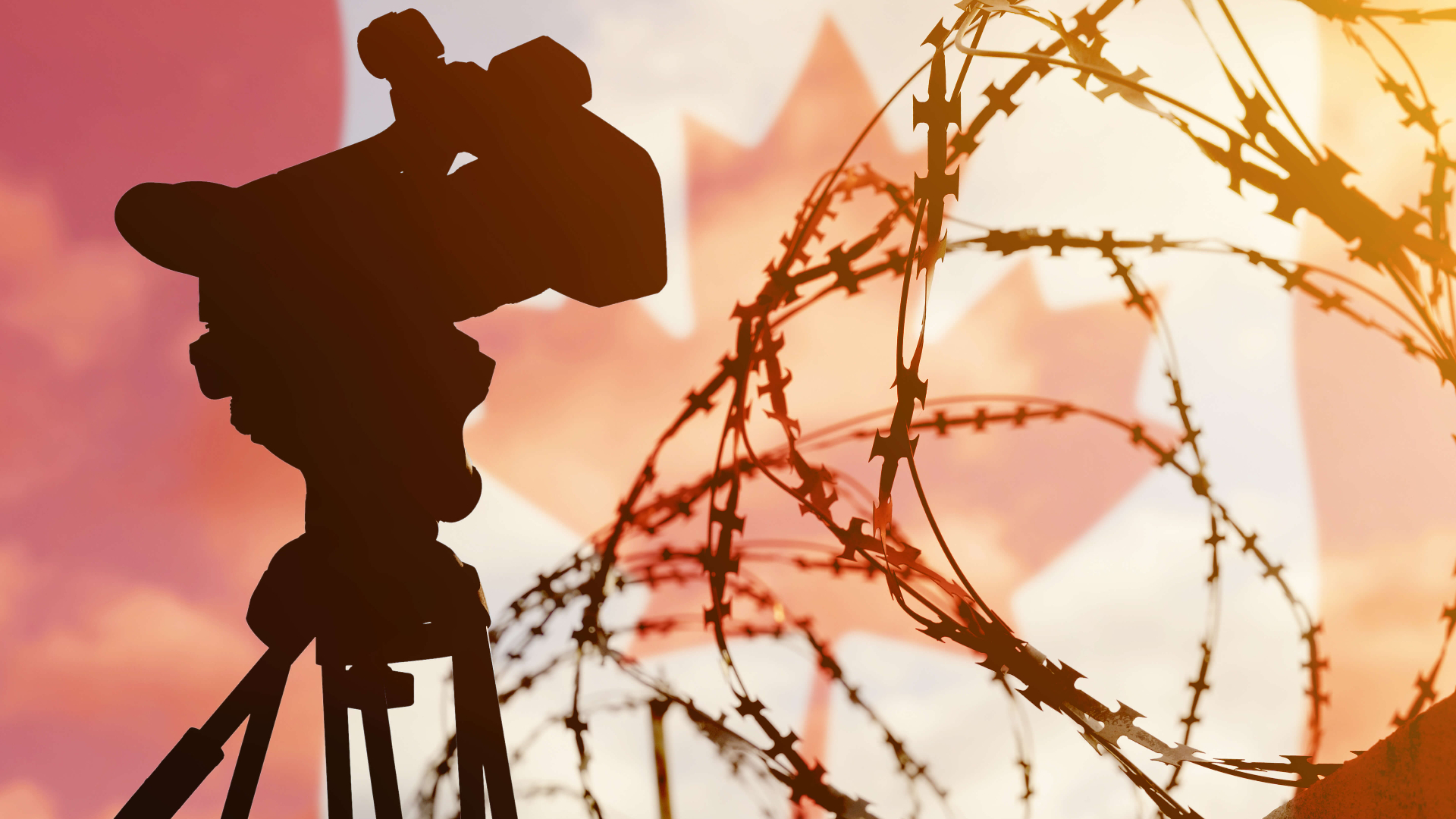
Bill C-11: how Canada’s algorithm power play stifles free speech online
September 26, 2023 | Post
For the Canadian Government, Bill C-11 heralds a fresh avenue for regulation and control. It is a mechanism for both reprimanding adversaries and rewarding lobbyists. Naturally, this government dominance over media comes at the cost of freedom and diversity of content online. Here’s what’s at stake…

Defending liberty in the digital age: how useful is social media activism?
September 21, 2023 | Post
The power of information dissemination through social media networks is remarkable, with messages often going viral within seconds. Yet, it is essential to acknowledge that social media activism has its limitations.
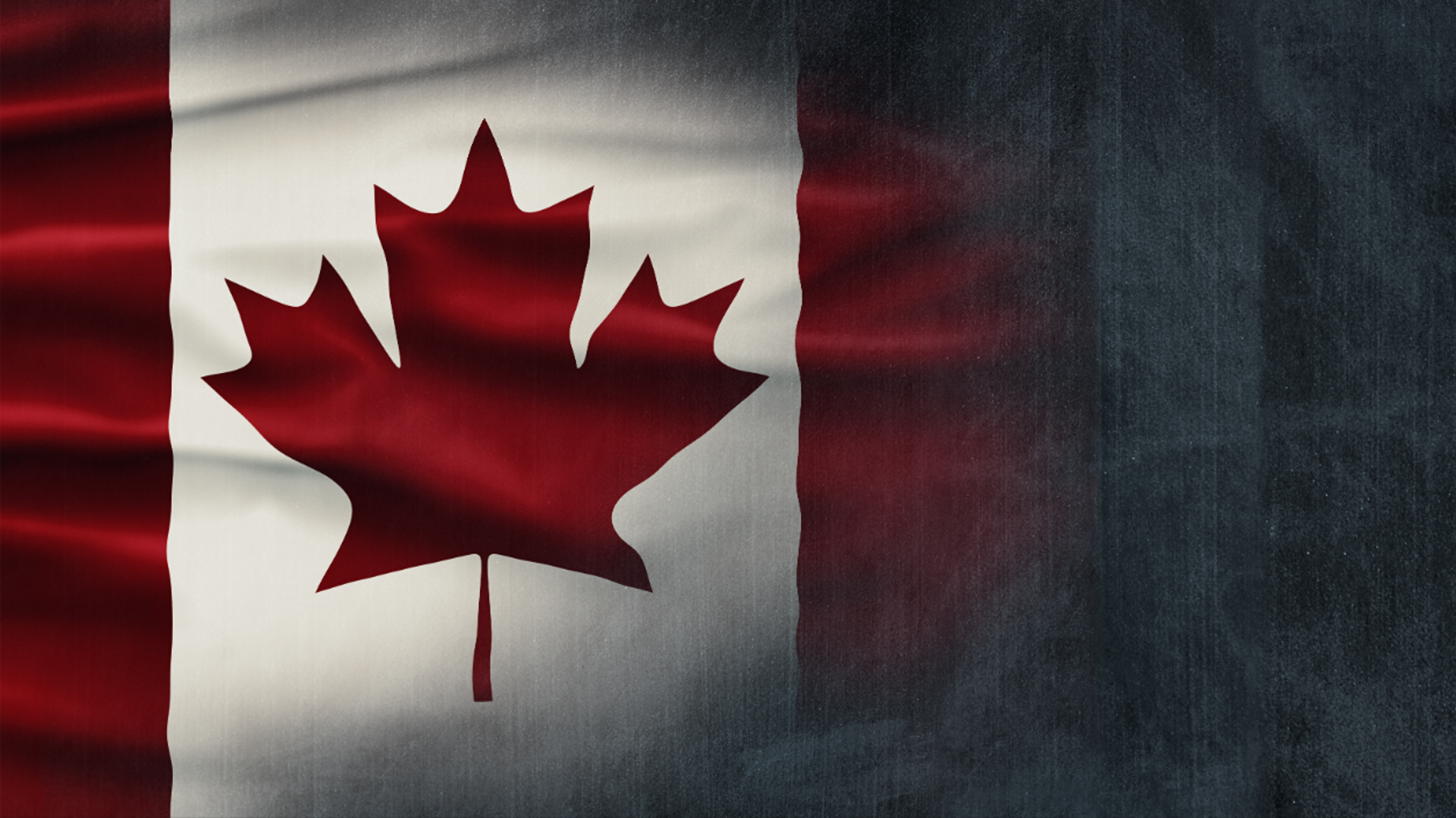
Bill C-18: social media no longer a home for news in Canada
August 3, 2023 | Post
Under the guise of supporting local news outlets in Canada, Bill C-18 aims to censor all news outlets on social media platforms unless their companies offer compensation to Canadian news outlets for the news they provide.
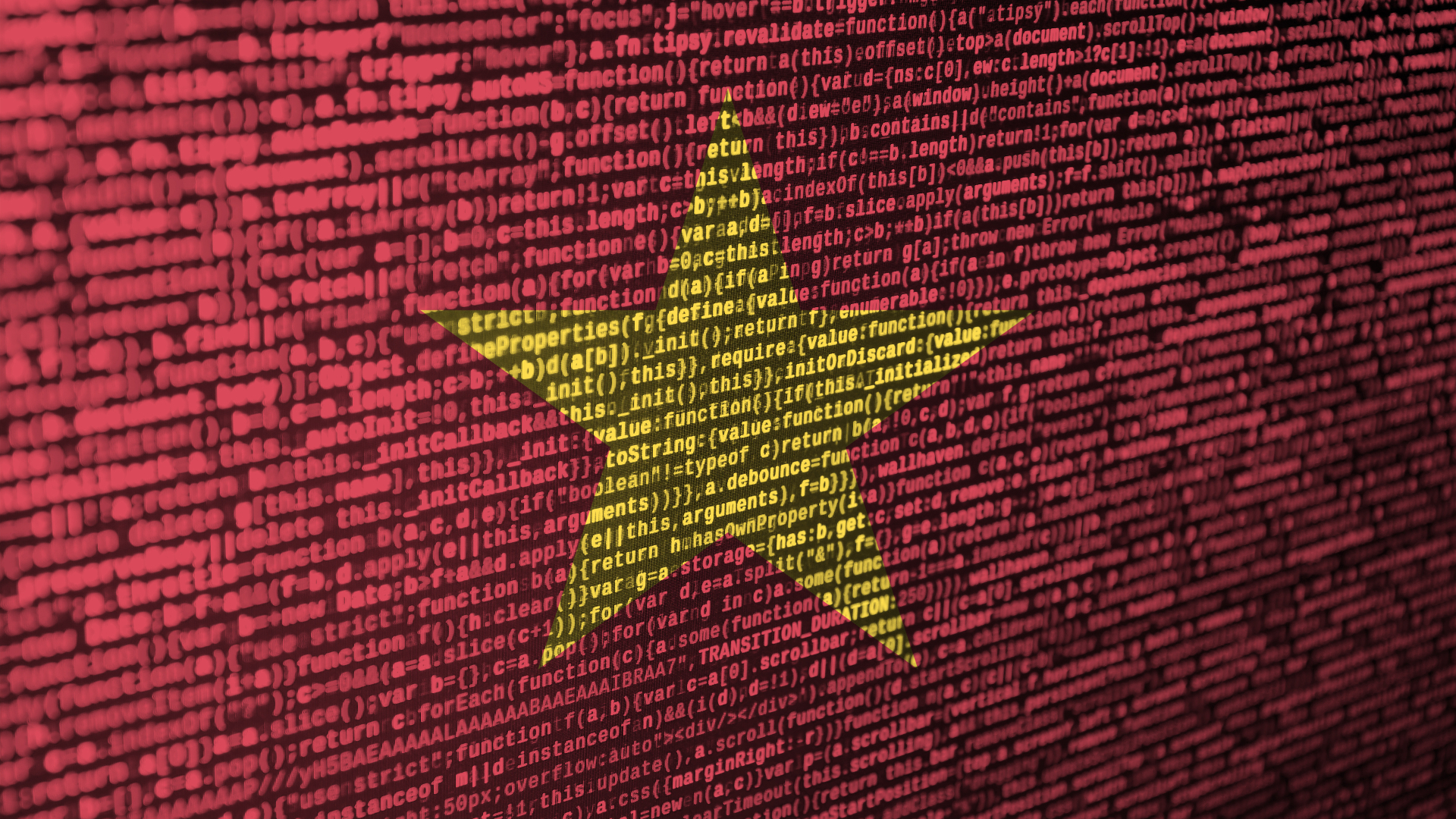
An assault on anonymity: the consequences of Vietnam’s new social media policy
June 2, 2023 | Post
In Vietnam, a new regulation will take effect by January 2024 requiring all social media users to verify their identities in order to use online platforms. This move is a blatant violation of the right to free expression and privacy.
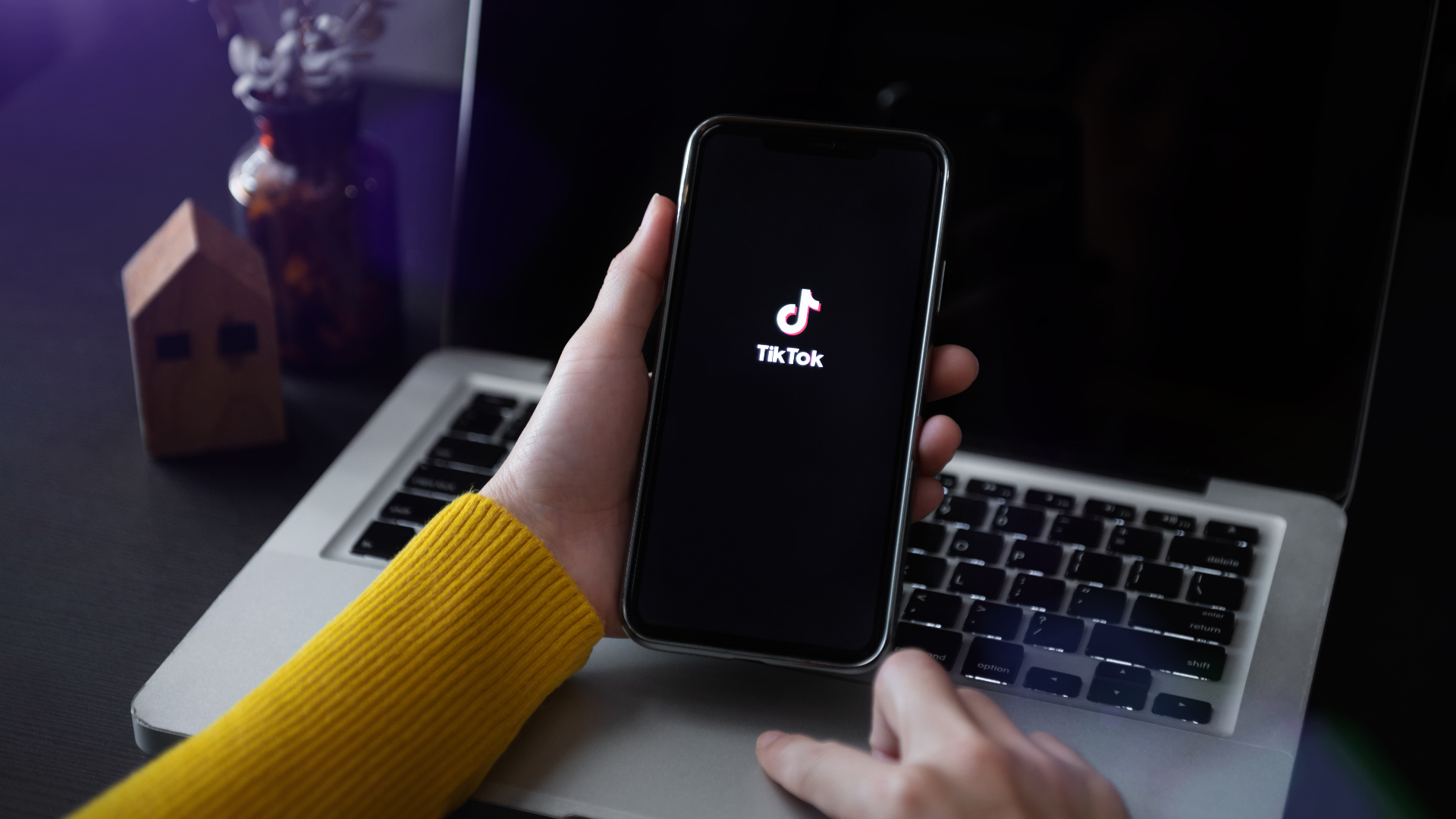
The TikTok dilemma: privacy risks vs the importance of free choice
March 30, 2023 | Post
TikTok has been under intense scrutiny for its data collection and sharing practices, with concerns raised about the platform’s relationship with the Chinese government and its potential for mass surveillance of Americans. But should it be banned?
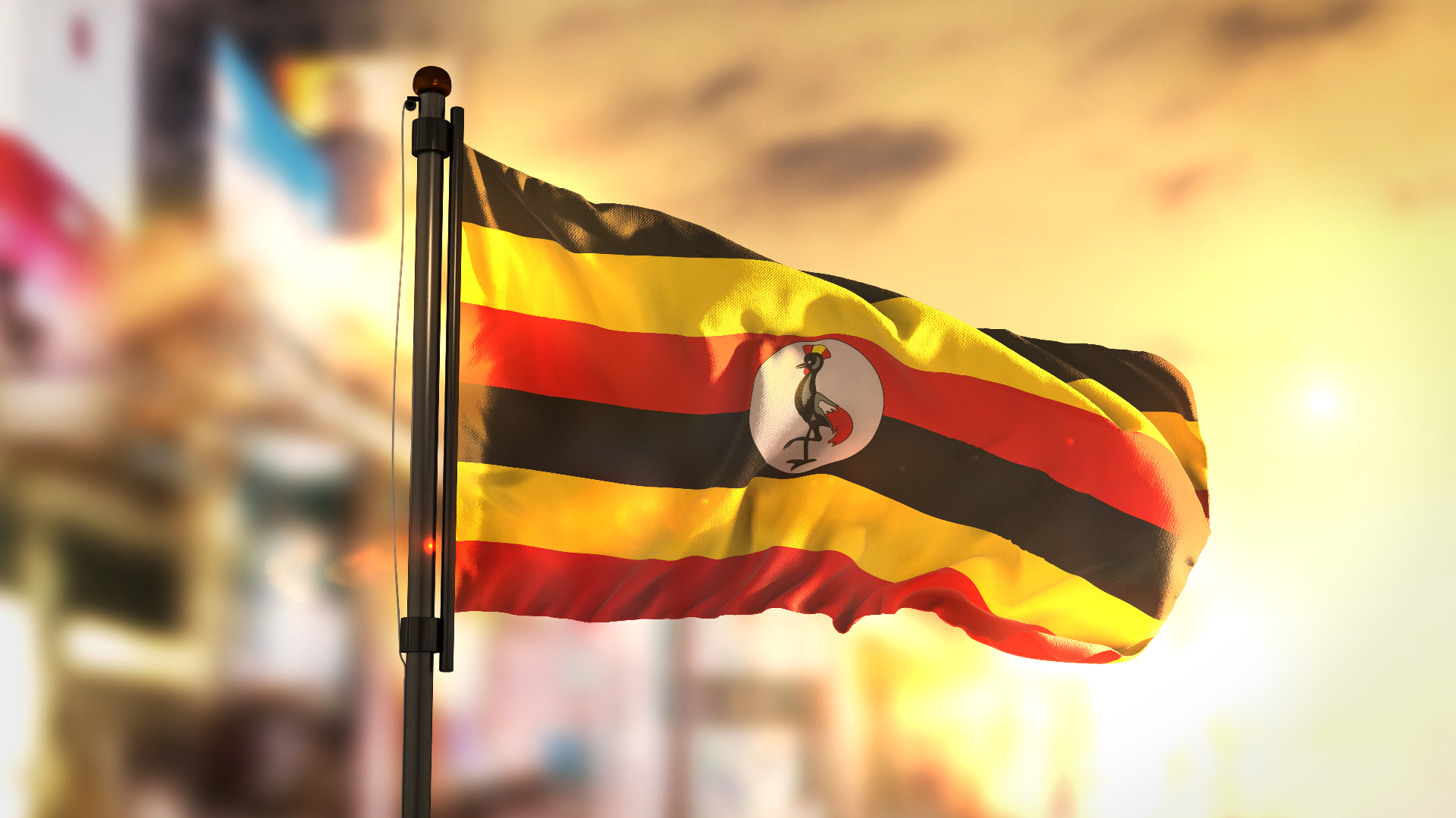
The Misuse of Social Media Act: a threat to freedom of expression in Uganda
February 27, 2023 | Post
The provisions in the Misuse of Social Media Act passed by Uganda’s Parliament are highly restrictive and pose a direct threat to digital freedom. Here’s a quick breakdown of how and why…
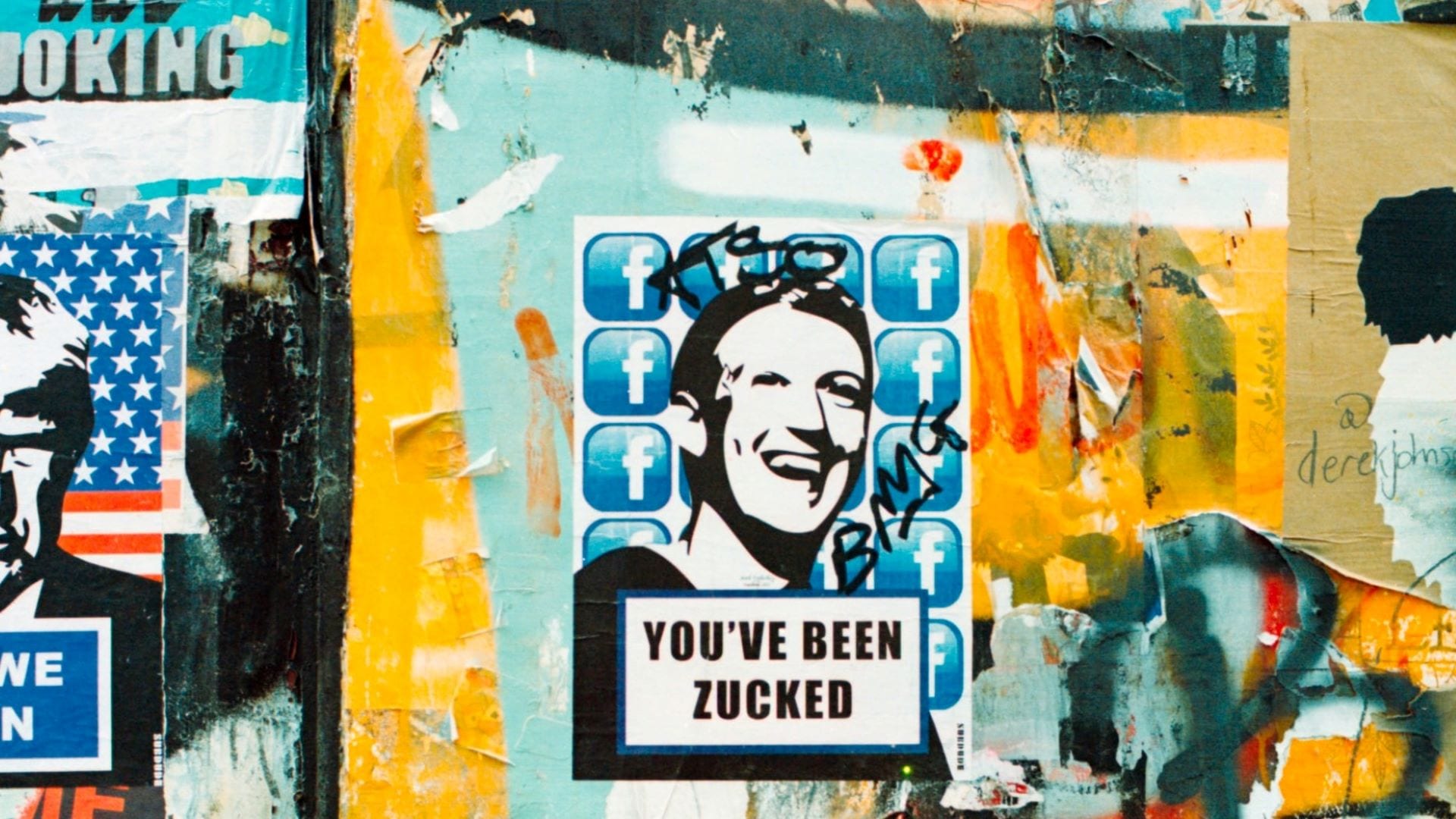
Why Section 230 is vital for freedom of expression online
February 8, 2023 | Post
There was a time when the debate around Section 230 was limited to the underworld of D.C. tech policy folks, but this is certainly no longer the case. While this once obscure part of the Communications Decency Act was gradually becoming more of a discussion point, it was thrust into the mainstream when Twitter and Facebook banned Donald Trump from their platforms after he posted incendiary tweets. Here’s why we should defend Section 230…

Is social media a modern-day Tower of Babel?
January 6, 2023 | Post
As social media platforms use artificial intelligence to curate users’ feeds with the content they are most likely to engage with, this erects barriers to communication among people of differing opinions.

Are major tech companies stifling free speech?
January 5, 2023 | Post
Technological advances have made it much easier for individuals to express themselves, but are major tech companies now stifling free speech?
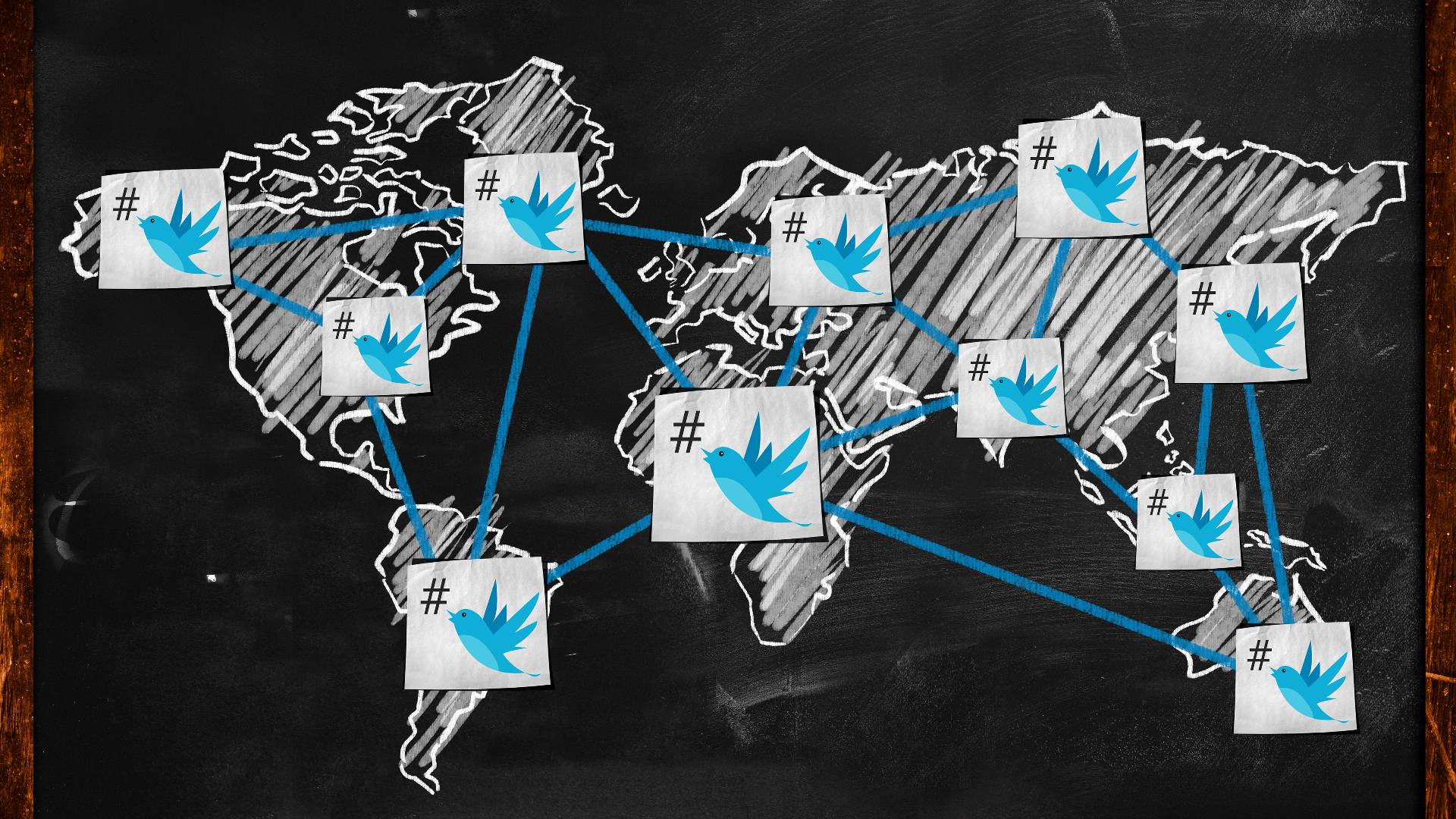
Is Elon Musk really a friend of free speech?
December 16, 2022 | Post
On December 15, 2022, under Elon Musk, Twitter suspended several prominent journalists’ accounts from publications such as The New York Times, The Washington Post, and CNN, among others.

Elon Musk’s ego will always trump free speech
November 16, 2022 | Post
Elon Musk, who has described himself as a “free speech absolutist,” has stated in the past that there should be no permanent bans on the platform. Despite these promises, mere days into Musk’s term at the helm of Twitter, things already spun wildly out of control. Kathy Griffin has already been permanently banned from Twitter for a parody tweet, “impersonating” Musk and encouraging his followers to vote Democrat in the recent midterms.
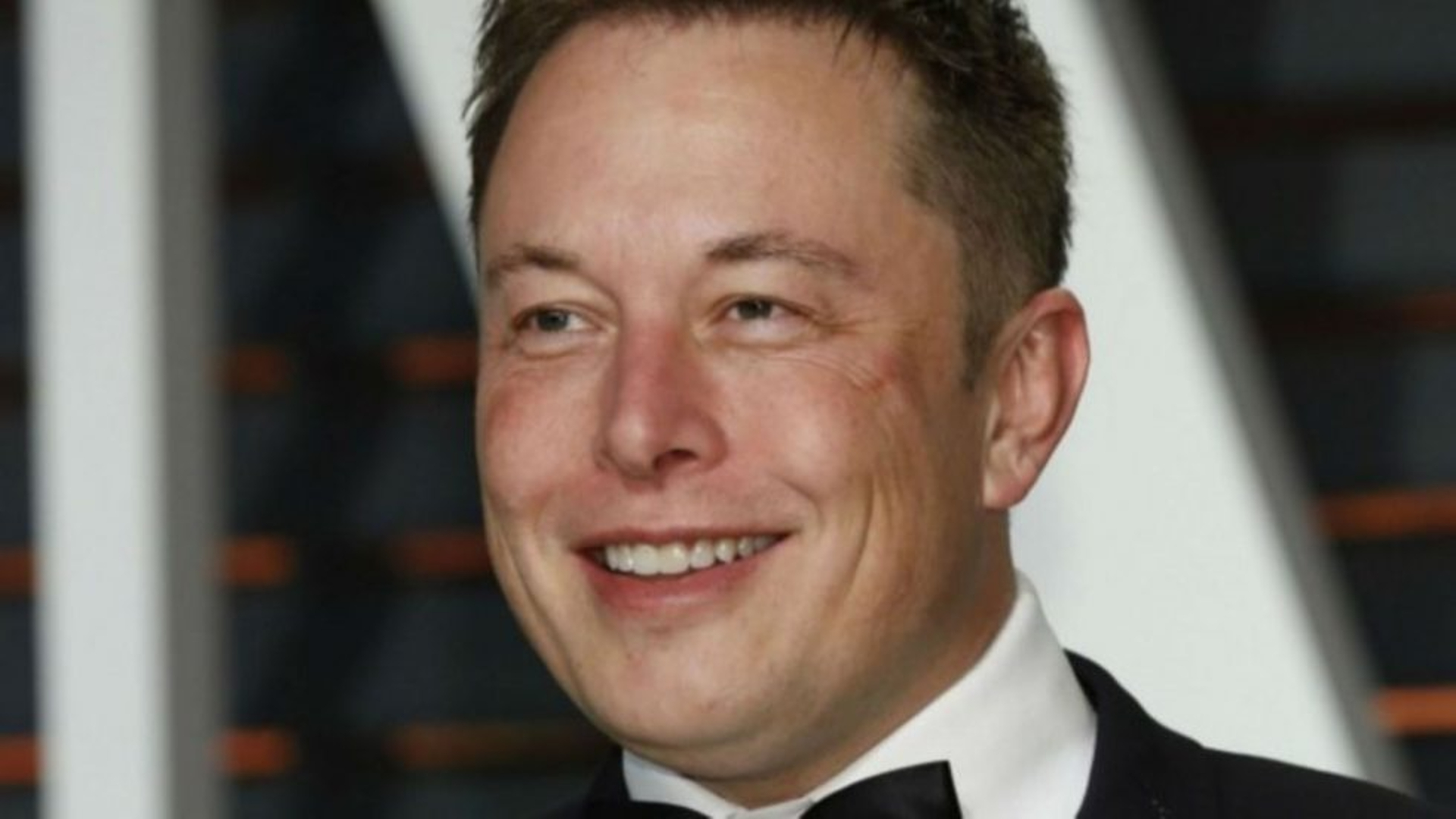
What Elon Musk buying Twitter means for social media and free speech
April 27, 2022 | Post
What will Elon Musk’s takeover of Twitter actually mean for the future of social media and free speech online? What changes can we expect?

Legends of Liberty: Thomas Sowell
November 11, 2021 | Post
Last week, we wrote about Frederic Bastiat, the king of communicating economic and philosophical ideas in simple, direct (and often funny) ways.
Of course, in the 19th century, Bastiat’s medium was the printed word. But if you had to find an heir to his throne in the social media era, Thomas Sowell would be a leading contender.
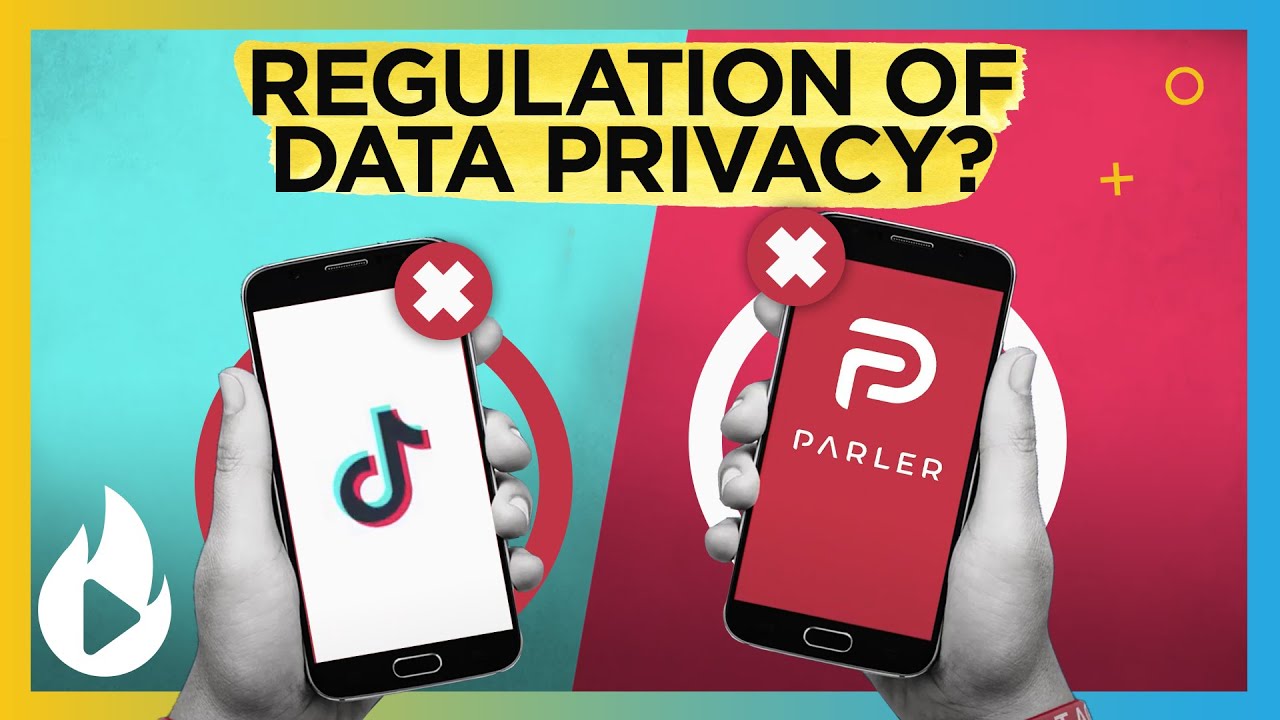
Why is Banning an App a Bad Idea?
April 28, 2021 | Video
In 2020, former President Trump expressed his wish to ban the app “Tiktok,” arguing that it constituted a violation of the privacy of millions of Americans.
We talked to Will Duffield, from the CATO Institute, and James Carafano, from the Heritage Institute, to understand the multiple points of view on this issue.
Was Tiktok providing the data from millions of Americans to the Chinese government? Is banning Tiktok a viable solution? How would other countries react to this intervention?
#SocialMedia #Censorship #Tiktok

Stop toxic partisan posts: Take the social media pledge.
March 21, 2017 | Post
My own hands are dirty and my own heart is impure; however, I have seen the light. I repent.

Turn off the rage machine: Stop reading the news
March 9, 2017 | Post
We’re consuming entertainment, not insight, when we keep up with the news.

Love social media AND liberty? AEI is hiring.
January 13, 2016 | Post
If you’re looking for a job where you can satisfy your love for social media and the ideas of freedom, you’re in luck: the American Enterprise Institute is seeking a Social Media and Digital Advertising Assistant. AEI is a great organization, dedicated to expanding liberty, increasing individual opportunity, and strengthening free enterprise. You can find […]

